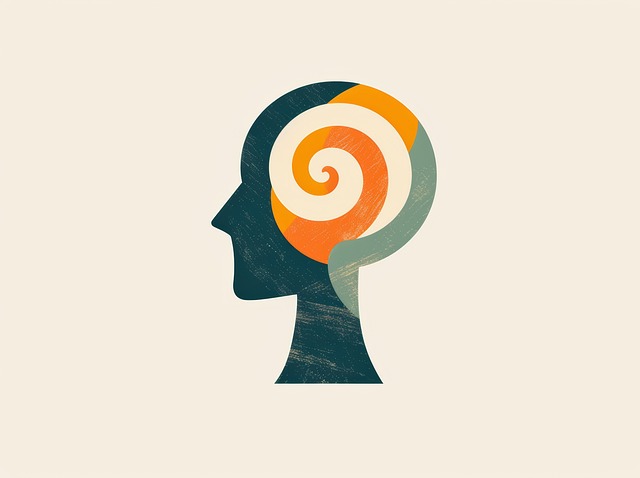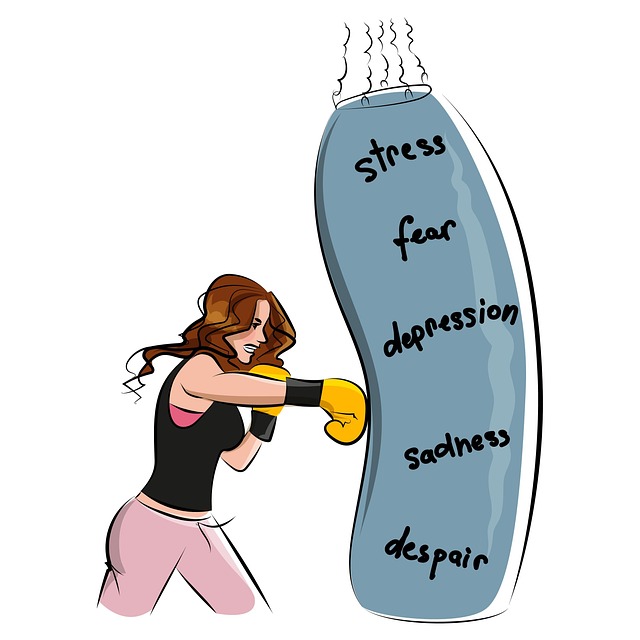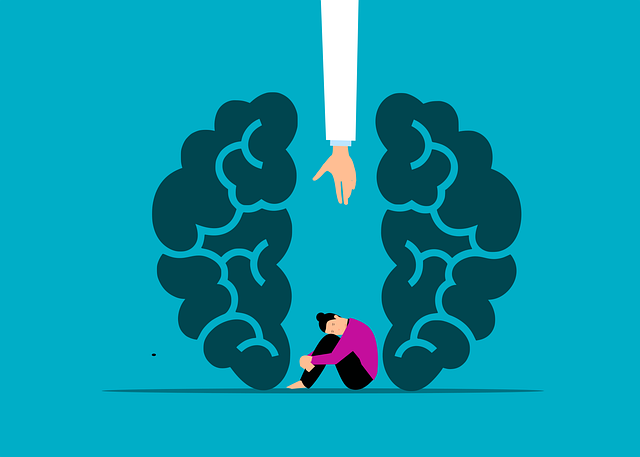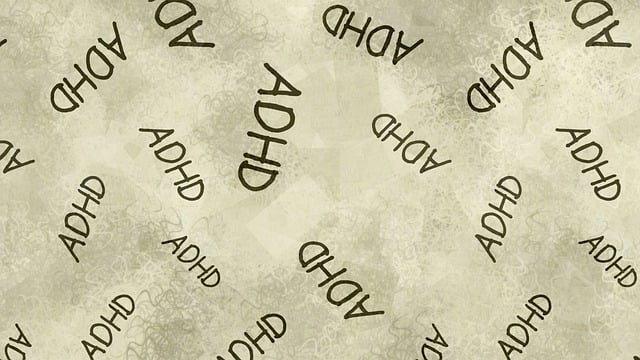Conduct Disorder (CD) is a complex behavioral issue driven by genetic predisposition, environmental factors, trauma, and ineffective parenting. Early intervention through cognitive-behavioral therapy, family therapy, mindfulness meditation, crisis intervention, and tailored support is vital for management. Key approaches include Cognitive Behavioral Therapy (CBT), which targets negative thought patterns, enhances decision-making skills, and promotes resilience. Integrated community outreach programs and mental health education prevent and mitigate conduct issues. Building robust support systems, including family involvement and support groups, ensures inclusive, effective recovery strategies for individuals with CD. These comprehensive strategies aim to prevent recurrence and promote long-term well-being through Therapy for Conduct Disorder.
In today’s digital era, understanding and addressing Conduct Disorder (CD) is more crucial than ever. This article offers comprehensive guidance on crisis intervention strategies for CD, ranging from recognizing symptoms and exploring causes to effective therapeutic approaches like Cognitive Behavioral Therapy. We delve into building robust support systems and long-term management techniques aimed at preventing recurrence. By equipping professionals and folks with these tools, we can foster positive transformations and enhance recovery journeys for those facing CD.
- Understanding Conduct Disorder: Symptoms and Causes
- Crisis Intervention: A Quick Response Approach
- Cognitive Behavioral Therapy: Shaping Positive Behaviors
- Building Support Systems for Effective Recovery
- Long-term Management: Preventing Recurrence
Understanding Conduct Disorder: Symptoms and Causes

Conduct Disorder (CD) is a serious behavioral and emotional problem characterized by persistent and repeated violations of rights of others and age-appropriate societal norms. This disorder often manifests in aggressive behavior, defiance, and non-compliance with rules or requests from authority figures. Symptoms can include chronic arguments with parents or teachers, frequent fights, bullying, physical cruelty to people or animals, destruction of property, lying, stealing, and truancy.
Several factors contribute to the development of Conduct Disorder, including genetic predisposition, environmental influences, traumatic experiences, and ineffective parenting strategies. Some individuals may be more susceptible due to neurobiological differences in brain regions responsible for impulse control and emotion regulation. The Mental Wellness Podcast Series Production highlights that early intervention is crucial in managing CD effectively. Therapy for Conduct Disorder often involves a combination of approaches such as cognitive-behavioral therapy, family therapy, and mindfulness meditation techniques to address the underlying causes and symptoms, fostering better behavioral outcomes and improved mental wellness.
Crisis Intervention: A Quick Response Approach

Crisis intervention is a quick response approach designed to provide immediate support and stabilization during times of intense distress or disruptive behaviors, such as those often seen in individuals with conduct disorder. This strategy involves a coordinated effort to assess the crisis, ensure safety, and offer guidance towards more adaptive coping mechanisms. The goal is not only to address the immediate issue but also to empower individuals with the skills needed to navigate future challenges effectively.
In the context of therapy for conduct disorder, crisis intervention strategies can be tailored to enhance self-esteem improvement and promote positive behavior change. Mental health education programs design plays a crucial role in this process by equipping individuals with knowledge about their condition and evidence-based coping techniques. Additionally, community outreach program implementation can facilitate access to resources and support networks, fostering a sense of belonging and resilience among those facing crises.
Cognitive Behavioral Therapy: Shaping Positive Behaviors

Cognitive Behavioral Therapy (CBT) is a powerful tool for crisis intervention and plays a significant role in shaping positive behaviors, especially in addressing Therapy for Conduct Disorder. This evidence-based approach targets negative thought patterns and behaviors by promoting healthier alternatives. CBT helps individuals recognize and challenge distorted thinking, leading to improved decision-making skills and a more positive outlook on life.
By focusing on the connection between thoughts, feelings, and actions, CBT empowers clients to take control of their mental wellness. The Mind Over Matter principles underlying CBT encourage folks to reframe negative experiences, fostering resilience and self-efficacy. This strategic therapy has been effectively integrated into Community Outreach Programs, where it aids in preventing and mitigating conduct issues within at-risk communities.
Building Support Systems for Effective Recovery

Building robust support systems is a cornerstone for individuals navigating crises and striving for recovery, especially those diagnosed with conduct disorder. Beyond traditional therapy for conduct disorder, fostering a network of care can significantly enhance outcomes. This includes engaging family members or caregivers in treatment plans, as their involvement can provide continuity and reinforcement between sessions. Additionally, encouraging participation in support groups offers peers who have experienced similar challenges, creating a sense of belonging and shared understanding.
Integrating Cultural Sensitivity in Mental Healthcare Practice and Healthcare Provider Cultural Competency Training is vital to ensure these support systems are inclusive and effective. Understanding cultural backgrounds and incorporating positive thinking tailored to individual needs can make therapy more accessible and engaging. This approach respects diverse perspectives, promotes trust, and encourages active participation in the recovery process, ultimately enhancing the overall effectiveness of crisis intervention strategies.
Long-term Management: Preventing Recurrence

Addressing conduct disorder requires a multifaceted approach, and long-term management plays a pivotal role in preventing recurrence. Beyond immediate crisis intervention, fostering inner strength development is essential for individuals affected by conduct disorder. This involves equipping them with coping mechanisms and resilience to navigate challenging situations. Therapy for conduct disorder should focus on cognitive behavioral therapy (CBT) techniques to help individuals understand and modify their behaviors. CBT enables them to challenge negative thought patterns and replace them with more adaptive responses, thereby reducing the likelihood of future disruptive behaviors.
Integrating mental health education programs design tailored for at-risk populations can also be transformative. Educating individuals about emotional regulation, stress management, and healthy coping strategies builds a solid foundation for long-term well-being. Additionally, promoting social skills training helps foster positive interactions and relationships, which are crucial in preventing the onset or escalation of conduct disorder symptoms. By combining these interventions with ongoing support, individuals can develop the inner strength necessary to avoid recurrence and lead fulfilling lives.
Crisis intervention strategies, as outlined in this article, offer a comprehensive approach to addressing Conduct Disorder. By understanding the symptoms and causes, implementing quick response techniques, integrating cognitive behavioral therapy, fostering support systems, and focusing on long-term management, professionals can significantly improve outcomes for individuals struggling with this challenging disorder. This multi-faceted approach, particularly tailored through Therapy for Conduct Disorder, holds promise in preventing recurrence and promoting lasting recovery.












